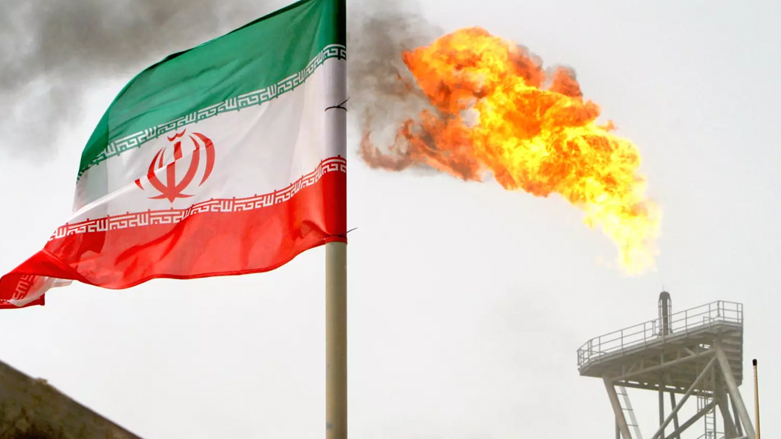Tehran rejects Iraqi dinar for gas exports to Baghdad, suggests euro

ERBIL (Kurdistan 24) – Iran's Oil Ministry on Monday said that it would not accept the Iraqi dinar in return for Baghdad's purchases of their oil after US sanctions on Iran's energy and financial sectors took effect in early November.
Washington granted eight nations it called "constituencies" exemptions from the sanctions for a limited period. Amid a flurry of confusion, the US administration later said that it had also allowed Iraq a special waiver of a 45-day purchase of Iranian electricity imports.
The waiver, however, is conditional; Iraq must not pay for the Iranian imports in US dollars. Iraqi officials later announced that Baghdad had created a dedicated bank account to conduct the transactions using the dinar.
"National Iranian Gas Company doesn’t agree with the suggestion," Deputy Oil Minister Amir-Hossein Zamaninia was quoted as saying by the semi-official ISNA news agency.
Zamaninia added that "negotiations are still under way" and "according to the contract, Iraqis should pay for the gas imports in euro currency."
The two Middle-Eastern countries are in the midst of talks to resolve the issue, the official continued. Iraq's economy is heavily intertwined with its eastern neighbor's, importing many goods including food and oil products and also gas, on which the country is heavily dependent for fueling its power plants.
A recent report suggested that Baghdad, feeling the US deadline was not sufficient to find an alternate source of gas, was seeking an extension from the US to continue imports from Iran, according to one Iraqi official.
Another official claimed that Iran had accepted a Baghdad proposal to "pay food and humanitarian items" in return for their gas.
"The reports that Iraq is to give humanitarian goods and food in exchange for Iran gas… are not true," said Zamaninia.
Since the US pulled out from the Iran nuclear deal in May and re-instituted two sets of sanctions targeting the Islamic Republic’s economy, the rial has been on a downward spiral, affecting the purchasing power of the country’s population. Many citizens have criticized the government for failing to effectively deal with the crisis.
Editing by John J. Catherine
